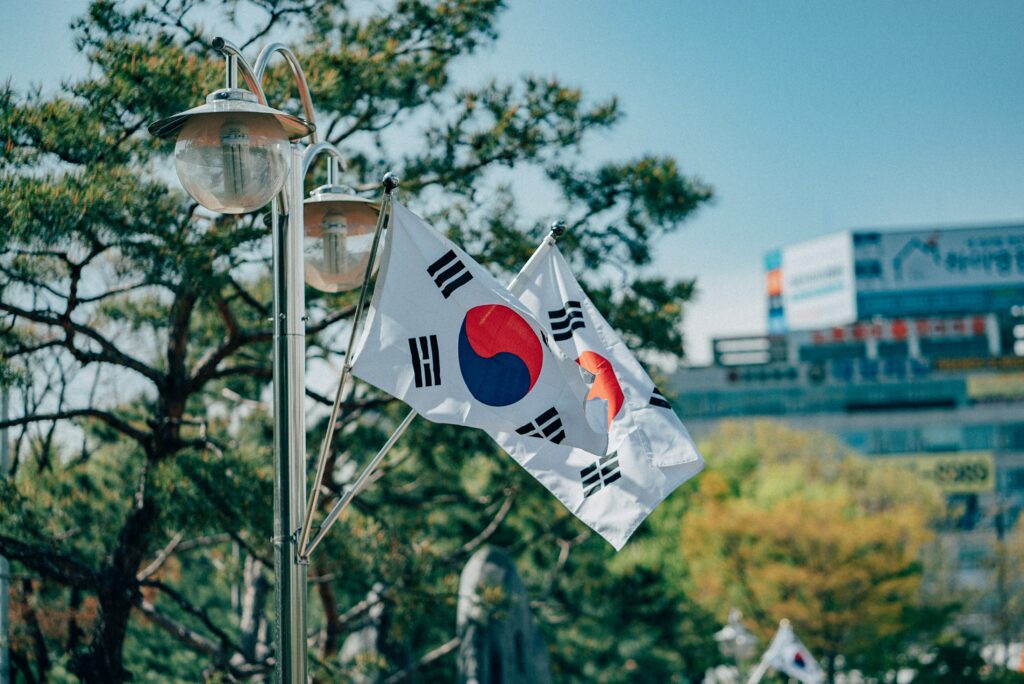SOUTH KOREA ASKS LOCAL AUTHORITIES TO IMPLEMENT NATION’S FOOD SUPPLY STRATEGY
Local governments in South Korea have been asked to play a bigger role in the country’s food supply strategy.
Revisions made by South Korea’s ministry of agriculture, food and rural affairs (MAFRA) will require authorities to set up food policy goals and basic directions to ensure the sustainable procurement of food on a local level.
More money will also be invested into new food tech and sustainability projects under the major policy change.
Local authorities will also be responsible for analysing the current state of food, prioritising food supply and guaranteeing food availability for underprivileged residents.
The new amendments are expected to come into force in June 2022 under the country’s local Basic Framework Act on Agriculture, Rural Community and Food Industry.
MAFRA said that including local governments in the policy is expected to provide “a stable basis for local food plans and has been added to guarantee the availability of food for residents in all localities as well as to enhance the sustainability of the food system.”
A spokesperson added: “MAFRA believes that this will enhance the interest and responsibility of the state and local governments [ensuring] the provision of healthy and safe food in addition to providing a basis for the organisation of national and local expenses to support the establishment and implementation of local food projects.
“This is crucial and significant in securing stable nationwide implementation.”
According to MAFRA a regional food committee has been set up to discuss important topics related to the regional food plans.
A Food Integration Support Centre has also been formed for local authorities to manage the production, processing and distribution of local food products while also delegating necessary tasks, it added.

South Korea has also announced almost £45.4 million (€54.07m) of funding for national food and agricultural R&D projects in 2022. The majority of the 12 approved projects will be focused on food system sustainability and food technology.
An export business strategy will apply for agri-good exports, eco-friendly powered technology for industrial machinery, agri-food exports, infrastructure and disaster response technology, commercialising technology and more.
Kim Young-soo, head of the science and technology policy team at MAFRA, said the policy aims to combine research from agricultural and food technology with other fields to make the best progress.
“This is the most effective strategy to achieve sustainable growth for the food and agriculture industry and to bring our research results to life for the general public in Korea,” he added.
South Korea has a population of 51.7 million and a GDP per capita of more than £23,000. The country continues to make a mark on the global alternative protein stage with both its food tech and manufacturing sectors announcing victories and new launches.
The Korea International Trade Association estimates that plant based meat will be more in demand than animal meat by 2040 with food tech companies scrambling to develop alternatives to conventional products. This has led to several major breakthroughs that are expected to influence the global alternative protein industry.
Join us at SIAL Paris as exhibitor Join us at SIAL Paris as visitor
